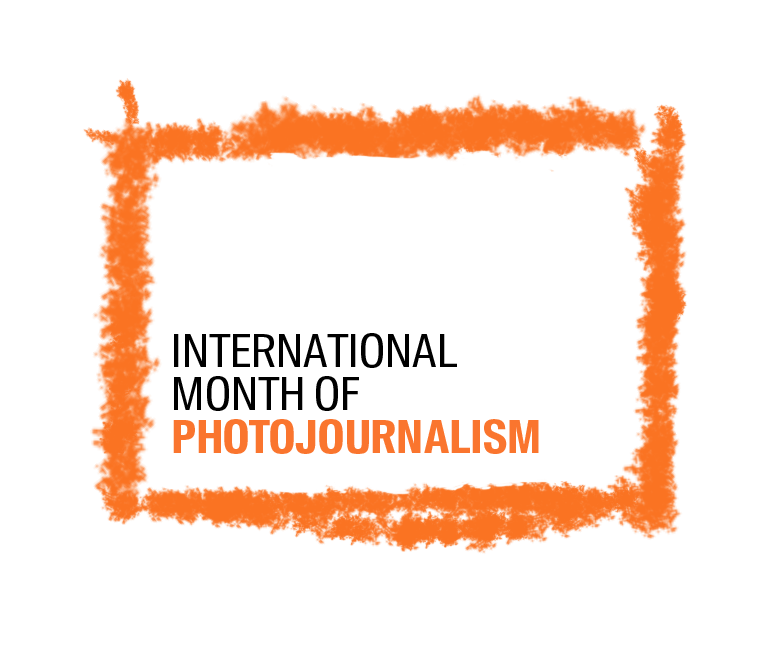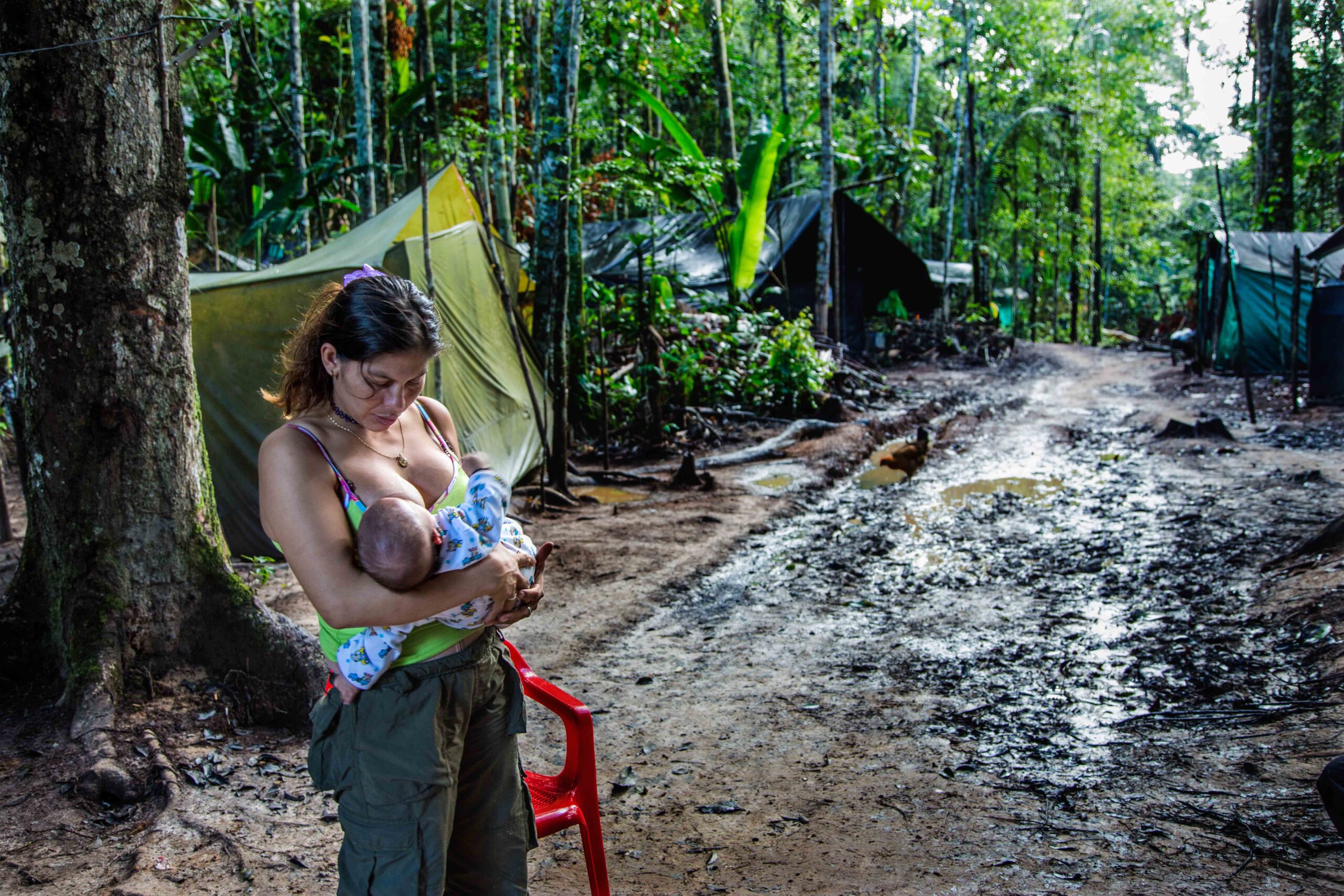
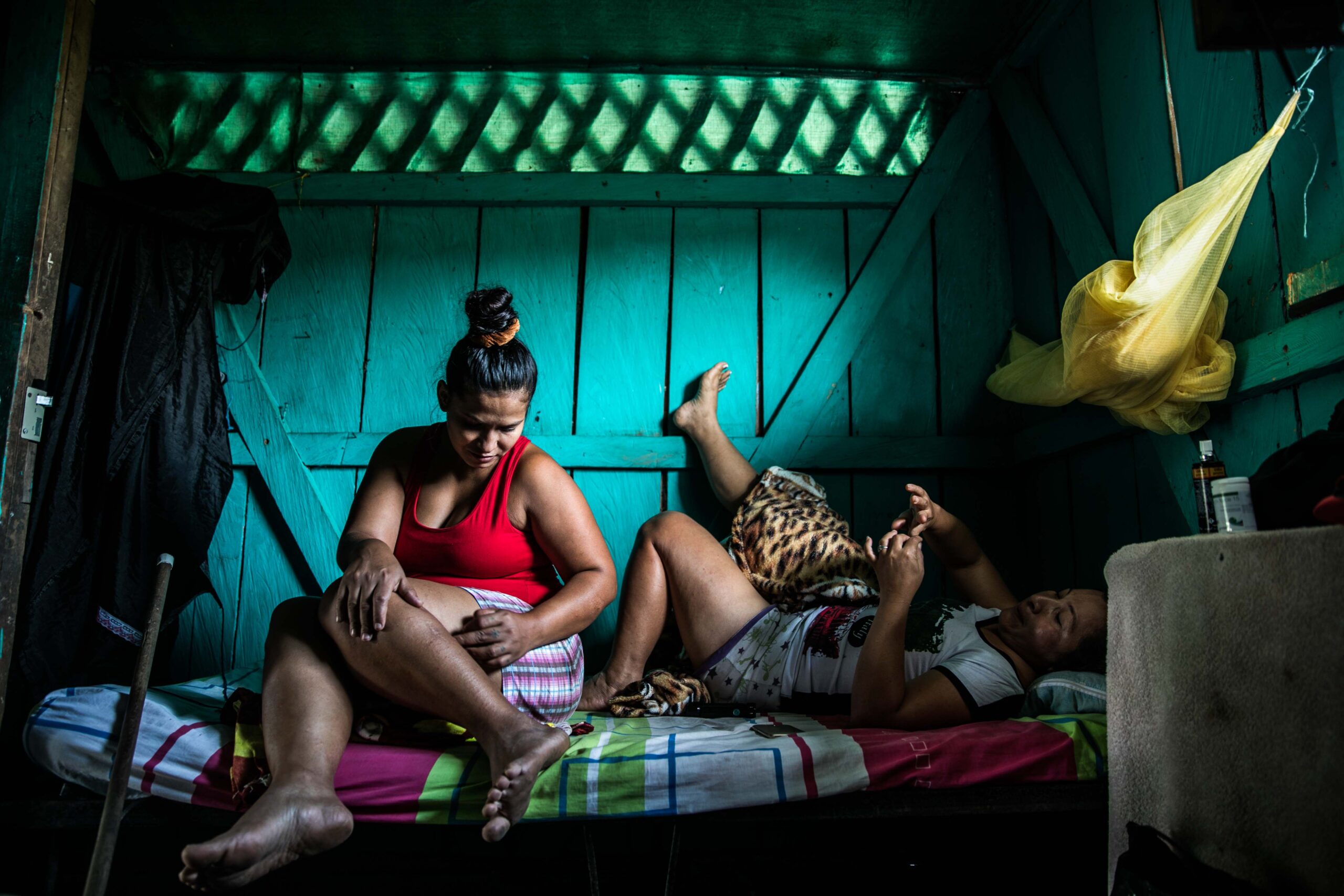
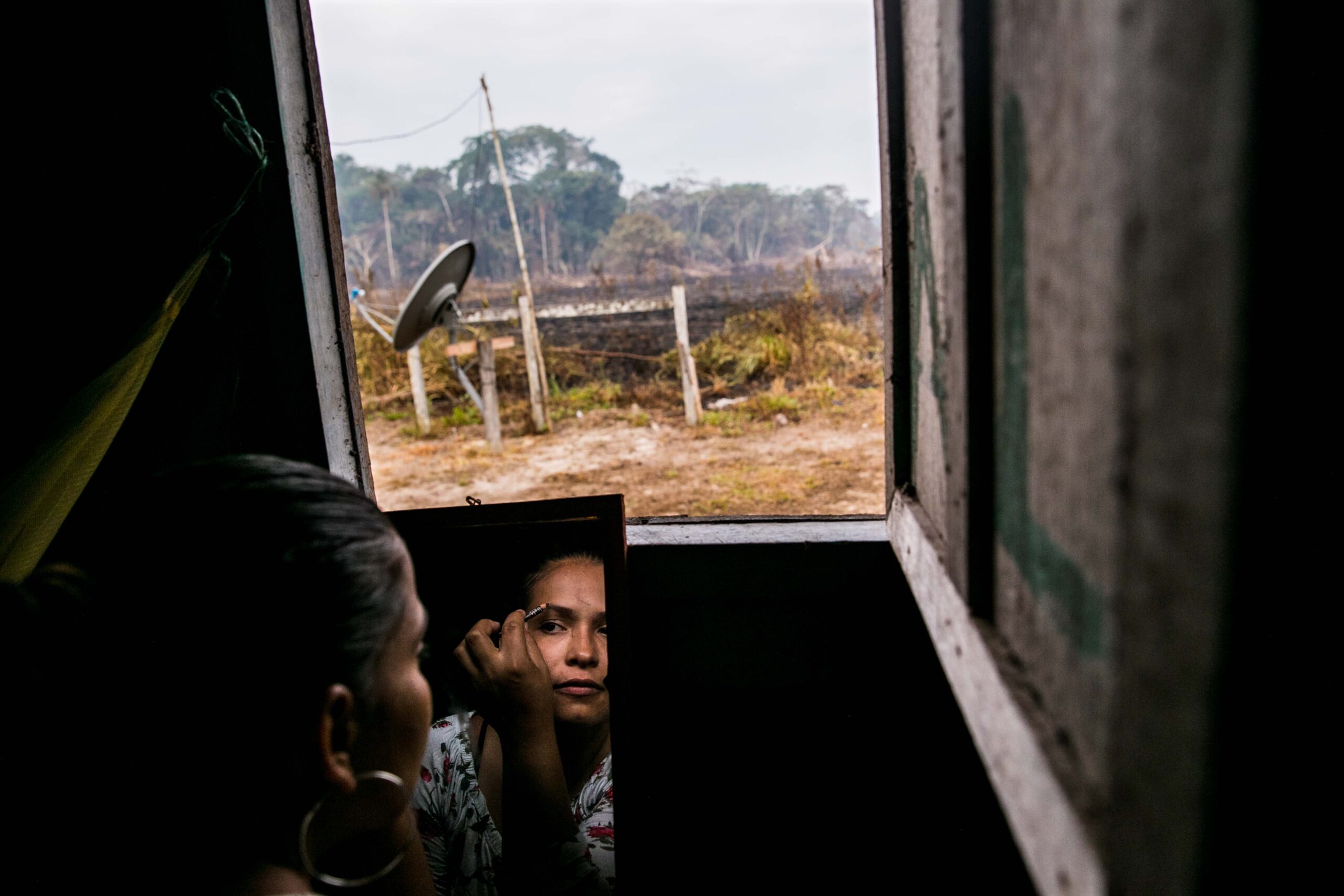
GALLERIA CAVOUR
PIAZZA CAVOUR
TICKET OFFICE
THU TO SUN 10.00 a.m. – 7.00 p.m.
Catalina Martin Chico
“Colombia (Re) Birth”
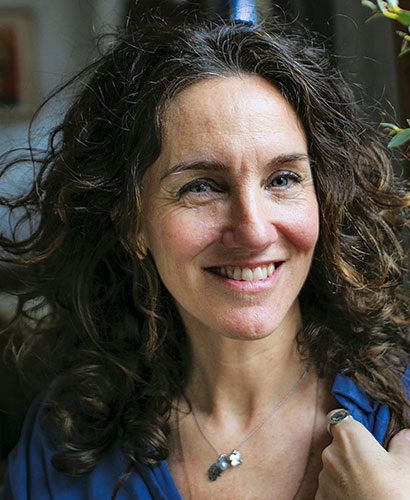
Location: COLOMBIA
The conflict had been going on for so long, it was almost part of the scenery. FARC guerrilla forces had a toll of 260,000 dead, seven million displaced, and tens of thousands missing. The peace agreement, signed in August 2016, put an end to more than half a century of violence.
Colombia then discovered a completely unknown aspect of life for the female fighters with the Marxist rebels; and it has been estimated that women accounted for nearly 40% of the FARC Revolutionary Armed Forces of Colombia. During the 53 years the guerrilla warfare was waged, there was a ban on child-bearing, and any pregnancy that did occur had to be terminated, or any babies born had to be abandoned at birth. Since the signing of the peace agreement, hundreds of these young women have now chosen to bring life into the world. For Colombia, this is “the jungle baby boom.”
Colombia, 2018. What were just camps the previous year now looked like ordinary villages. A few people were still wearing camouflage gear, but they had dropped their noms de guerre and gone back to the names given to them at birth and which had been banned for so long. There was a new impetus, and the women finally reestablished contact with the families they had not been allowed to see for reasons of security. All these men and women had yearned to find their relatives and loved ones, and they had to learn how to live as a group in society all over again. They all had one obsession, and that was the future, and finding their place in the society they had turned their back on for so many years.
Former members of the FARC were free again, but they have only a few more months to learn how to pick up the thread of everyday life, how to get used to ordinary living, after years surviving in a totally self-sufficient environment. The new life was unknown, even frightening, but it had to be planned.
Today, some of the young mothers have left the transition camps to live with their parents; others have chosen to settle in rural areas and to farm. The wound runs deep, carved out through more than fifty years of violence, and it is only just healing. The political climate is still volatile, and there seems to be little faith in it, yet Colombia has started, cautiously, to believe in its rebirth.
ABOUT CATALINA MARTIN CHICO
Catalina is a spanish & french photographer. She attended the International Center of Photography (ICP) in New York.
Yemen was her first territory of featuring stories, from 2007 to 2017. She won the ICRC’s humanitarian Visa d’or in 2011 on the arab spring. After years of documenting Middle east, from Morocco to Iran through Yemen and Egypt, Catalina turns to Latin America.
Winner of the Canon Female Photojournalist Grant in 2017, as well as the World Press 2019 Contemporary Issues Award for her project on ex-FARC fighters in Colombia. One of the photos has also been nominated for Photo of the Year the same year.
In 2021, Catalina won second place in the POY LATAM (Picture of the Year Latin America) award in the “Daily Life” category with her work on the Sarayaku people in the Ecuadorian Amazon. In 2022, she won the CNAP (National Center for Plastic Arts) grant about her project on chilean youth and a Ministry of Culture grant on the forest schools in France.
She has been regularly published in the French and international press and her images are exhibited on several continents.
